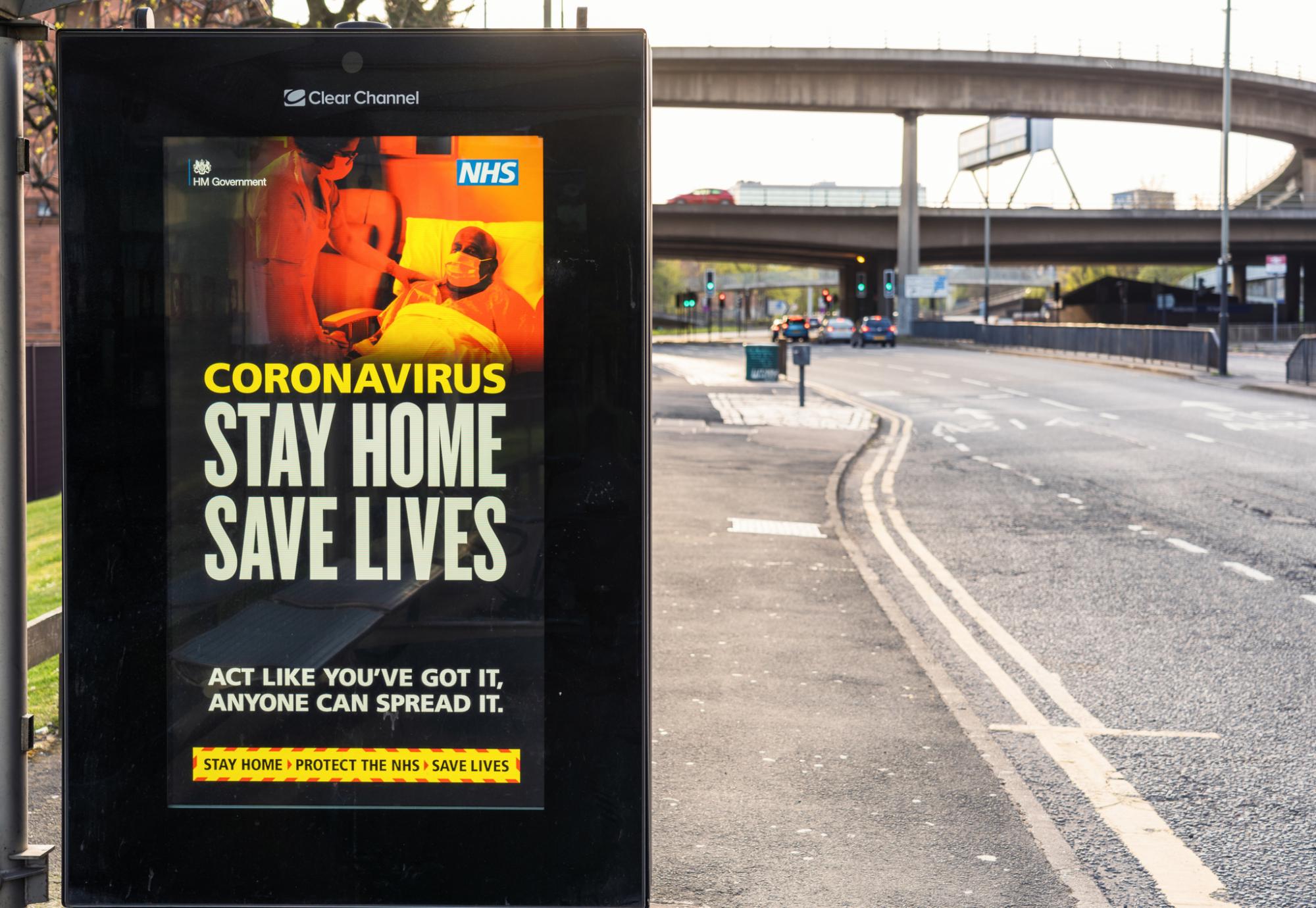Coronavirus has dominated health in 2020. The virus itself has had significant impacts on people across the country directly, but also required the introduction of restrictive measures which have themselves had wide-reaching implications for the physical, mental and economic wellbeing of the general public.
As the country battles economic difficulties and rising mental health concerns, it can at times be difficult to keep sight of the reasons for these restrictive measures: to combat and contain one of the most serious, viral contagions we’ve faced for many years.
Key to ensuring there remains a public commitment to the measures is the health messaging put out by the UK Government to encourage people to do so. It has to be firm. Fair. Far-reaching. There’s no time for half-measures or unnecessary language and so far, the officials standing at that lectern have not always gotten it right.
Speaking with Professor Craig Jackson, a Professor of Occupational Health Psychology at Birmingham City University, on Episode 14 of NHE’s Finger on the Pulse podcast, we analyse the health messaging used, the psychology behind it and what did and did not work.
Starting strongly, the initial messaging put down at the beginning of the national lockdown was clear and firm: Stay home, protect the NHS, save lives. It was clear, it fit nicely within the rule of three and it gave people a clear, unambiguous call to action.
And people responded accordingly. People understood what was being asked of them, why it was being asked and, for the large part, they followed the restrictions accordingly.
But, since then, we’ve found ourselves slipping into more vague language in follow-up messaging. Soon, it shifted towards terms like ‘stay alert’ and ‘defeat the virus’ – terms which lacked a clear, tangible meaning to people. They were open to interpretation, even by the most senior of government officials, and it led people to concerting more effort finding loopholes than keeping sight of why the restrictions were there in the first place.
As Professor Jackson explains: “Stay alert. Defeat the virus. These become nebulous terms.
“Rather than telling you what to do, which the first message did, this language leaves a lot of vagueness.
“One thing we learned very quickly in this people is people interpret vagueness in their own way.”
Listen to the full discussions with Professor Craig Jackson, diving into health messaging, the language and approaches used to inform during Covid-19 and where the government could improve on Episode 14 of NHE’s Finger on the Pulse podcast:



















